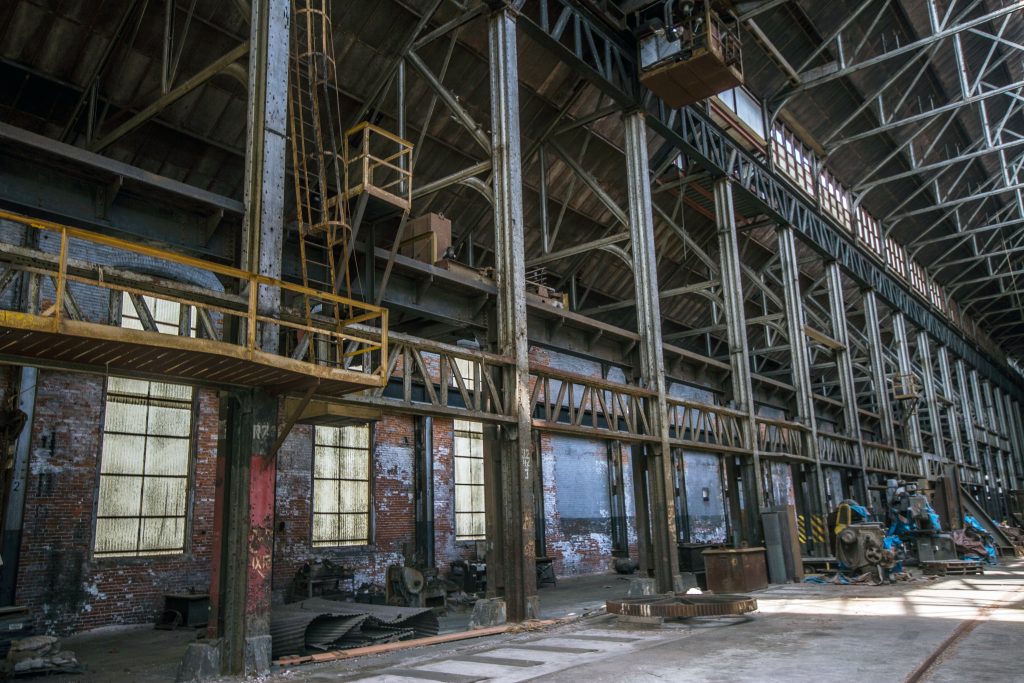The Future of Manufacturing is Digital

The manufacturing industry is undergoing a digital transformation. New technologies, such as artificial intelligence, machine learning, and the Internet of Things, are changing the way manufacturers operate. These technologies are making manufacturing more efficient, productive, and sustainable.
One of the most significant trends in manufacturing is the rise of Industry 4.0. Industry 4.0 is a term used to describe the fourth industrial revolution, which is characterized by the use of cyber-physical systems, big data, and cloud computing. These technologies are enabling manufacturers to connect machines, equipment, and people in real-time. This connectivity is leading to new levels of efficiency, productivity, and flexibility.
Another major trend in manufacturing is the adoption of additive manufacturing, also known as 3D printing. 3D printing is a process that creates three-dimensional objects from digital models. This technology is revolutionizing the way manufacturers produce parts and products. 3D printing is more efficient and cost-effective than traditional manufacturing methods, and it allows manufacturers to create complex parts and products that would be difficult or impossible to make using traditional methods.
The digital transformation of manufacturing is creating new opportunities for manufacturers. By adopting new technologies, manufacturers can improve their operations, reduce costs, and increase their competitive advantage.
Here are some of the benefits of digital manufacturing:
Increased efficiency: Digital manufacturing can help manufacturers streamline their operations and reduce waste. For example, by using predictive analytics, manufacturers can identify potential problems before they occur and take corrective action.
Improved productivity: Digital manufacturing can help manufacturers produce more products in less time. For example, by using automation, manufacturers can free up workers to focus on more value-added tasks.
Increased flexibility: Digital manufacturing can help manufacturers quickly adapt to changing market conditions. For example, by using 3D printing, manufacturers can create custom parts and products on demand.
Reduced costs: Digital manufacturing can help manufacturers reduce their overall costs. For example, by using cloud computing, manufacturers can access software and data without having to purchase and maintain their own hardware.
If you are a manufacturer, there are a number of things you can do to prepare for the digital transformation:
Invest in new technologies: The first step is to invest in new technologies, such as artificial intelligence, machine learning, and the Internet of Things. These technologies will help you improve your operations, reduce costs, and increase your competitive advantage.
Develop a digital strategy: Once you have invested in new technologies, you need to develop a digital strategy. This strategy should outline your goals for digital manufacturing and how you plan to achieve them.
Train your employees: It is important to train your employees on how to use new technologies. This will help them to be more productive and efficient.
Partner with other companies: You can also partner with other companies to share resources and expertise. This will help you to accelerate the adoption of new technologies and reduce the costs of implementation.
The digital transformation of manufacturing is an ongoing process. However, by investing in new technologies and developing a digital strategy, you can position your company for success in the future.















Leave a Reply